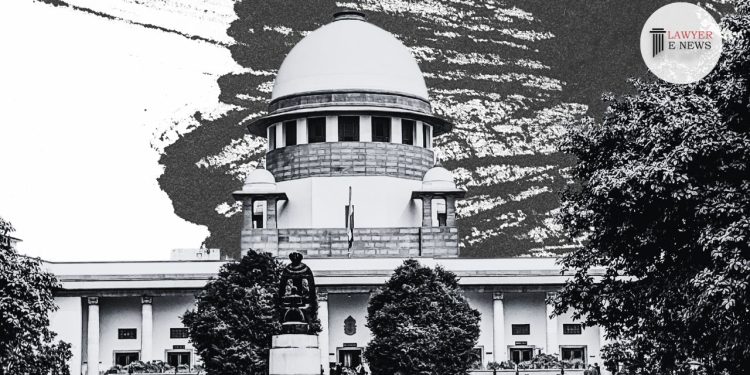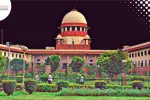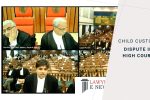Dealership Termination Must Comply with Procedural Rules: Supreme Court Upholds Hindustan Petroleum’s Termination Decision

The Supreme Court upheld the termination of the dealership agreement between Hindustan Petroleum Corporation Limited (HPCL) and Dharamnath Singh, dismissing procedural lapses in sample collection by SGS India as grounds for quashing the termination.
Facts and Issues:
Background: HPCL terminated the dealership of Dharamnath Singh after fuel samples collected by SGS India failed quality tests.
Procedural Challenge: The respondent contested the sample collection process, arguing it violated Clause 7 of the Control Order, which mandates sample collection by specific authorized officers.
High Court’s Decision: The Single Judge and Division Bench of the High Court sided with the respondent, finding that SGS India was not authorized under Clause 7, thus invalidating the sample collection process.
Supreme Court’s Assessment:
Validity of SGS India’s Role:
Appellant’s Argument: HPCL argued that the Marketing Discipline Guidelines (MDG) allowed third-party agencies to collect samples.
Court’s Ruling: “While the guidelines allowed administrative convenience, they could not override statutory provisions.” The dealership was terminated for contractual breaches, not under the Control Order, hence procedural requirements of Clause 7 were deemed inapplicable.
Contractual Obligations:
Breach of Agreement: The dealership was found in violation of multiple clauses (26, 27, 44, 58(i), and (m)) of the dealership agreement.
Procedural Compliance: The termination followed the procedures outlined in the Marketing Discipline Guidelines, which the court found sufficient for contractual enforcement.
Judicial Precedents:
Adherence to Prior Judgments: The court emphasized compliance with procedural rules and guidelines, citing R.M. Service Centre’s precedent where dealership termination for contractual breaches without statutory violations was upheld.
Role of Control Order:
Distinction from Criminal Prosecution: The respondent was not prosecuted under the Control Order, and the dealership termination was based solely on contractual terms, thus negating the need to adhere to Control Order procedures.
Decision: The Supreme Court allowed the appeals, validating the termination of the dealership agreement. It concluded that the procedural lapses in sample collection by SGS India were not grounds for reversing the termination, which was based on clear contractual breaches.
Date of Decision: 17th May 2024
M/S. Hindustan Petroleum Corporation Limited & Ors. v. Dharamnath Singh & Ors.





